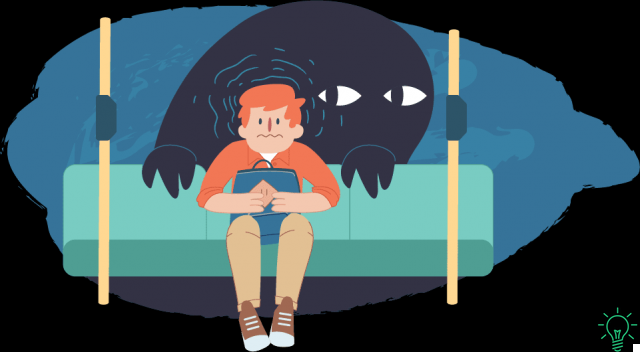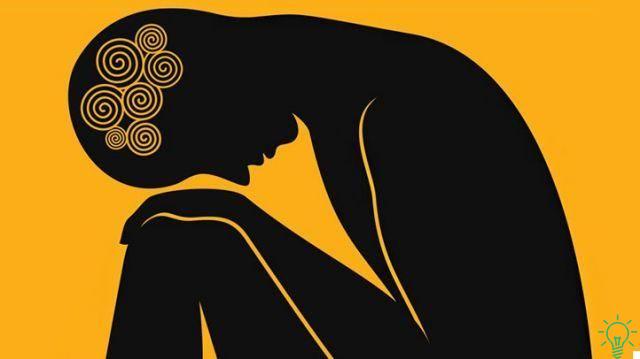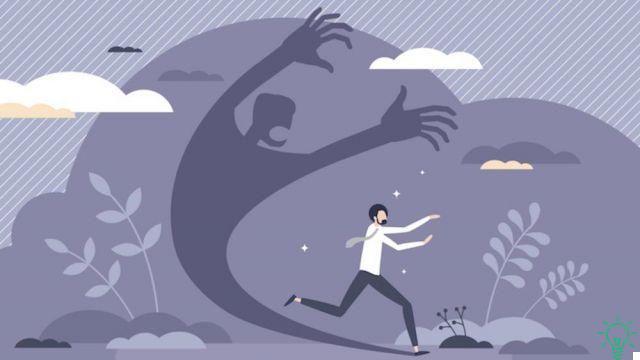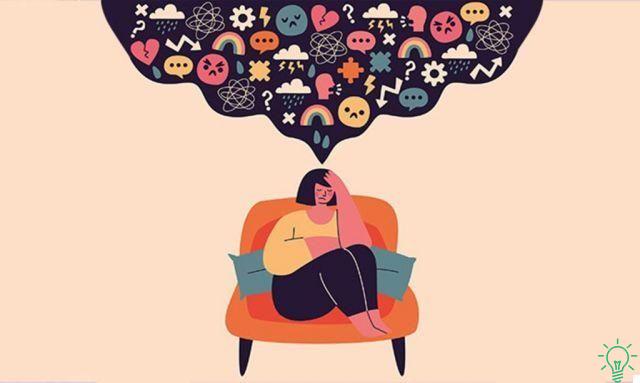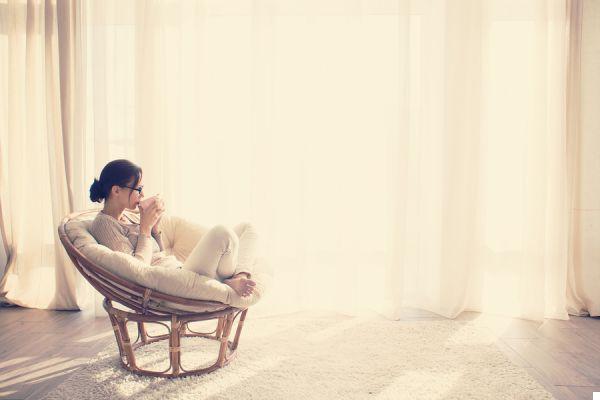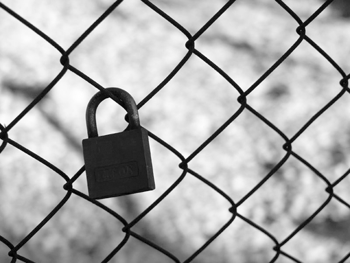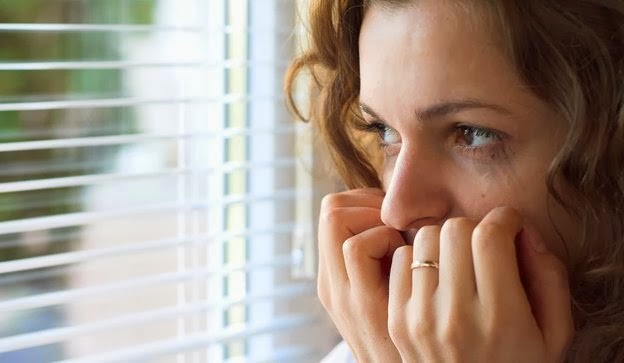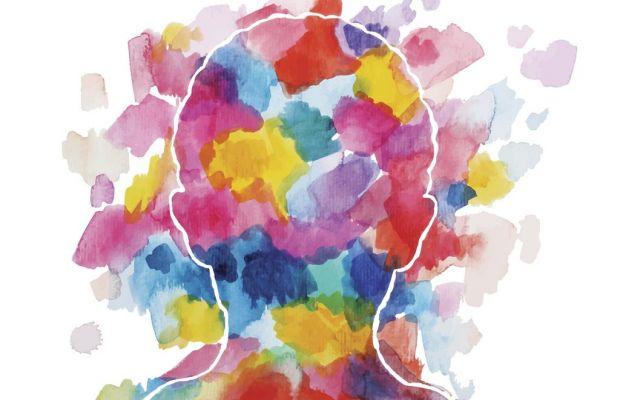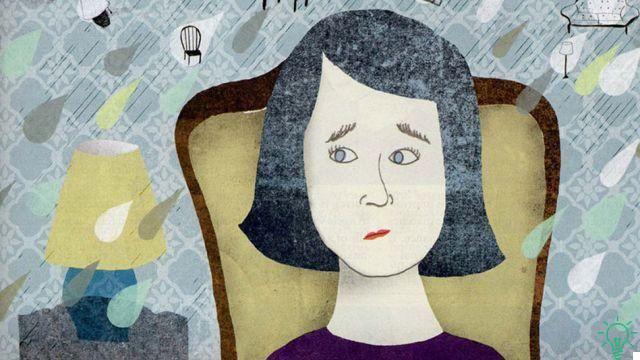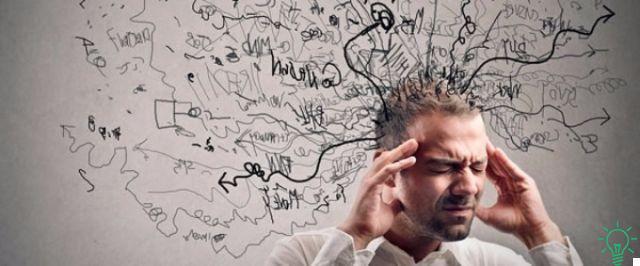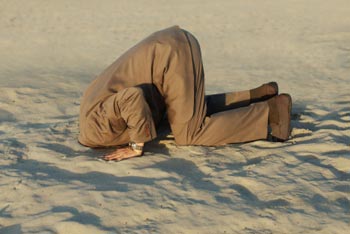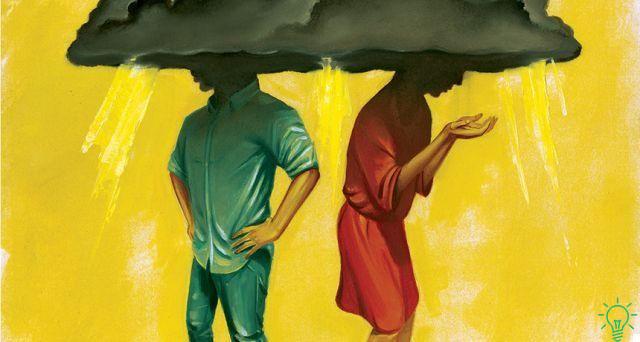
Stress is the modern evil. We live, or believe we live, in a world full of dangers, potential dangers that threaten us and just wait for us to let our guard down to strike us. This generates a state of constant alert that makes us tense and irritable. But we don't all react in the same way. Stress in women manifests itself differently and is often more intense than the symptoms of stress in men. There are gender differences in the way we live and cope with this anxious state.
The stress level in women doubles that in men
Psychologists from the University of Cambridge conducted a study in which it was found that Western women are almost twice as stressed as men. These researchers analyzed 48 previous studies related to anxiety disorders to identify which groups experience the most stress, taking into consideration factors such as gender, age, medical conditions and mental disorders.
It has been seen that 4 out of 100 people suffer from various levels of anxiety, from stress to generalized anxiety. However, for every stressed man there are 1,9 women suffering from an anxiety disorder, and women under 35 are the most affected.
Interestingly, married women also report higher levels of stress than single women: 33% versus 22% respectively. Additionally, single women feel they have more control over their lives and are doing what is necessary to manage stress. Conversely, married women say they experience more stress, experiencing more episodes of crying, irritation, anger, fatigue, and headaches.
Symptoms of Stress in Women
Men and women react differently to stress, both physically and mentally. They try to manage stress with very different strategies and perceive their ability to cope with problems, as well as everything that stands in their way, in very different ways. These different ways of perceiving and coping with setbacks determine the symptoms of stress in women.
- Recurring negative thoughts. Women tend to think more about things, which means they have more recurring intrusive thoughts, a study from the University of Colorado showed. This tendency to rumination worsens stress and increases the chances of suffering from depression.
- Sadness and anxiety. Women tend to react more emotionally to stress. A study conducted at Yale University found that they often feel sadder or more anxious when they are tense and stressed. Often the enormous emotionality overwhelms them, generating a sense of lack of control.
- Somatization. One of the most characteristic symptoms of stress in women is somatization. Women usually report more somatic symptoms related to tension and anxiety, as shown by a study conducted at the University of La Laguna. In reality, they are not mere subjective experiences, it has been found that women respond with an increase in heart rate to stress and suffer more often from tension-type headaches.
Why do women get more stressed?
Hormonal differences are only one variable in the equation that exacerbates stress symptoms in women. Differences in the way we experience and cope with stress play a more important role in the impact on women's well-being.
- Sensitivity to interpersonal conflicts
Women are more sensitive to conflicts and problems in interpersonal relationships because they tend to give them more importance. 84% of women say maintaining a good family relationship is very important, compared to 74% of men. Interestingly, they also report increased stress when they have to connect with other people and spend time with family and friends.
Therefore, it is not surprising that research conducted at the University of California suggests that most of the stressful events that trigger stress in women are related to the social environment, such as relationship problems, childcare or loss. of a loved one.
- Importance of physical symptoms
In many cases, the symptoms of stress in women are intensified by the importance given to them. In practice, by focusing more on them and recognizing them a more important role, the feeling of discomfort and dissatisfaction increases, thus closing a vicious circle.
For example, although insomnia affects both men and women, 75% of women report that sleep is very important, an opinion that only 58% of men share. This means that the psychological and physical impact of insomnia will eventually be more pronounced in women. We must not forget that everything on which we focus our attention is amplified.
- Techniques for dealing with stress
There are many reasons to be stressed, but the important thing is to implement the proper techniques to cope with stress. If we don't have effective psychological tools to deal with setbacks and adversity, stress will increase. Again, men and women behave differently when it comes to coping with stress.
Women tend to use more emotional and evasive techniques. They are also less rational in assessing the situation and have more difficulty practicing detachment. This is not surprising since a study conducted at the University of Pennsylvania in which over 1.000 brain scans were analyzed revealed that the female brain is better "wired" to retain emotional details, which allows them to connect better with others. , but it is also a barrier when establishing an adequate psychological distance. Men, on the other hand, tend to prefer to inhibit emotions and face situations directly.
- Feeling of lack of control
Perhaps one of the variables that most affects the perception of stress in women and men is self-control. Although both women and men in stress indicate that the main barrier to stopping stress is willpower, many women recognize that lack of self-control is their main obstacle.
The problem is that when we feel that we have no control over our life, learned helplessness will suddenly appear, causing us to lose faith in our abilities to overcome adversity. Feeling that we are like a leaf at the mercy of the wind will generate even more stress.
The best strategy for dealing with stress: contextualizing
What is the most effective way to cope with stress? It all depends on the situation. For example, a direct style may be useful in some circumstances, while an avoidant style may be more suitable in others. Sometimes it is necessary to let yourself be carried away by emotions, other times it is better to be rational.
In addition to the differences in coping strategies and stress symptoms in women and men, the most important thing is to know our weaknesses, work to strengthen them and analyze each situation to respond as assertively as possible.




